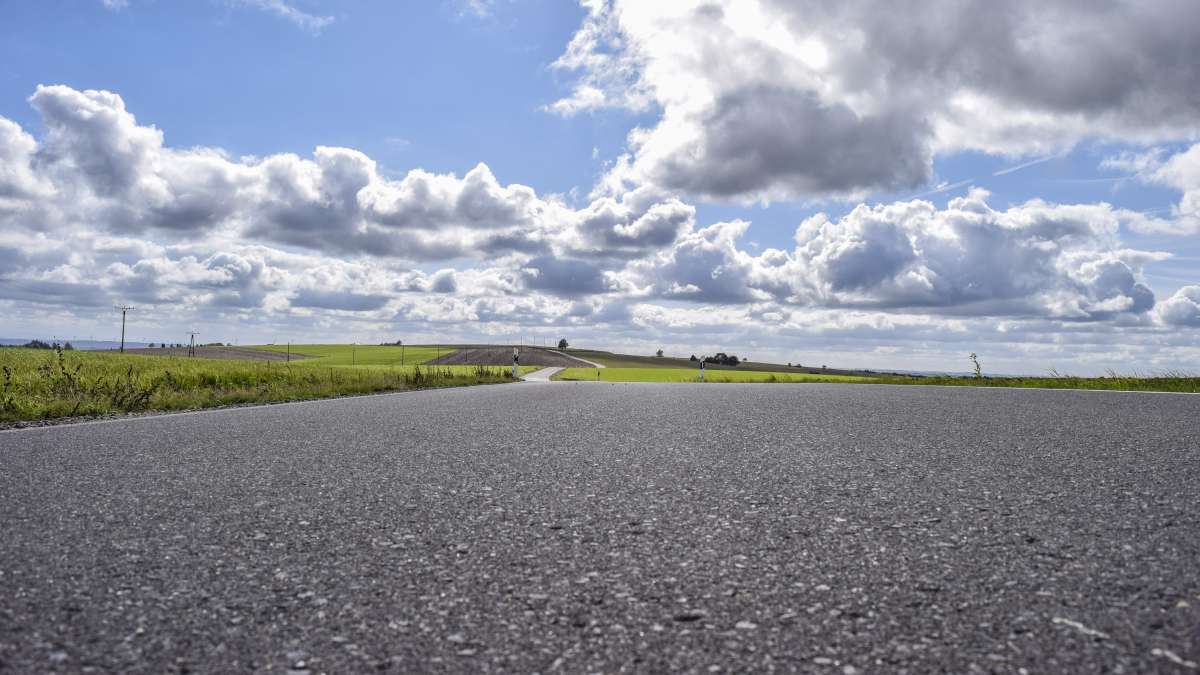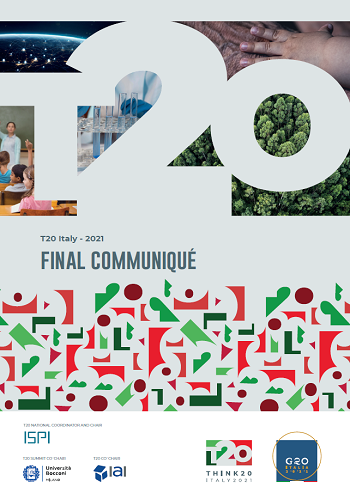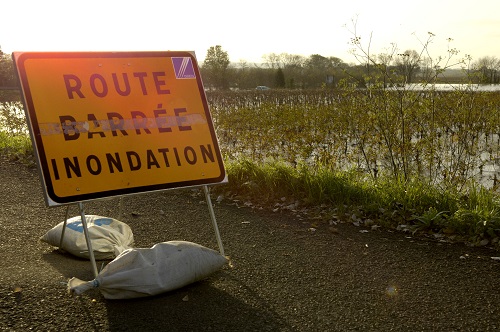
In 2021, Cerema participated in the international work of Think20 (T20), a G20 think tank focused on innovation, which intends to provide input for the drafting of a policy brief on the maintenance of resilient infrastructure.
Fabien Palhol, Director of Research and Innovation and resilience referent at Cerema infrastructures and materials, worked alongside experts from Australia, Mexico and the United States under the direction of Jean-Bernard Kovarik from the Gustave Eiffel University.
What maintenance for resilient infrastructures?

Several recommendations from their work were included in the final communiqué of the T20 and will be forwarded to the G20 in preparation for the summit of heads of state and government from the different member states to be held in Rome on October 30 and 31.
This guidance note follows two other notes produced in preparation for the 2019 and 2020 G20s, on building and assessing resilient infrastructure.
Improved maintenance management and increased investment in infrastructure maintenance are helping infrastructures to be resilient to various threats (e.g., climate or human activities), and this for local resilience.
Such an approach is recognized as having real financial value in any country or community. Building on the issues highlighted in two previous papers produced in the context of the T20, Building Resilient Infrastructure Systems (2020) and Evaluating Resilient Infrastructure Systems (2020), this new guidance note:
-
Calls for a maintenance methodology shared on a global scale that takes into account the specificities of developed and developing countries,
-
Calls for the development of "infrastructure bonds" and standardized assessments including maintenance issues, in order to secure financial resources for the maintenance and development of resilient infrastructure
-
Draws the attention of G20 members to the issue of human resilience and the human factor in ensuring the long-term maintainability of quality infrastructure, as well as the need to manage technical expertise.
A About the G20 and the T20...
The G20 leaders' summit will be held in Rome on October 30-31, 2021, with the participation of the G20 heads of states and governments, their counterparts from invited countries and representatives of some of the major international and regional organizations.
Traditionally, the ministers of economy and finance also participate in the event. The summit is the culmination of the G20 process and the final stage of the intense work done in ministerial meetings, working groups, and engagement groups throughout the year.
The Think20 (T20) is the official engagement group of the G20, which brings together leading think tanks and research centers from around the world. It serves as the G20's "think tank" and aims to provide G20 leaders with research-based policy and strategy recommendations.


